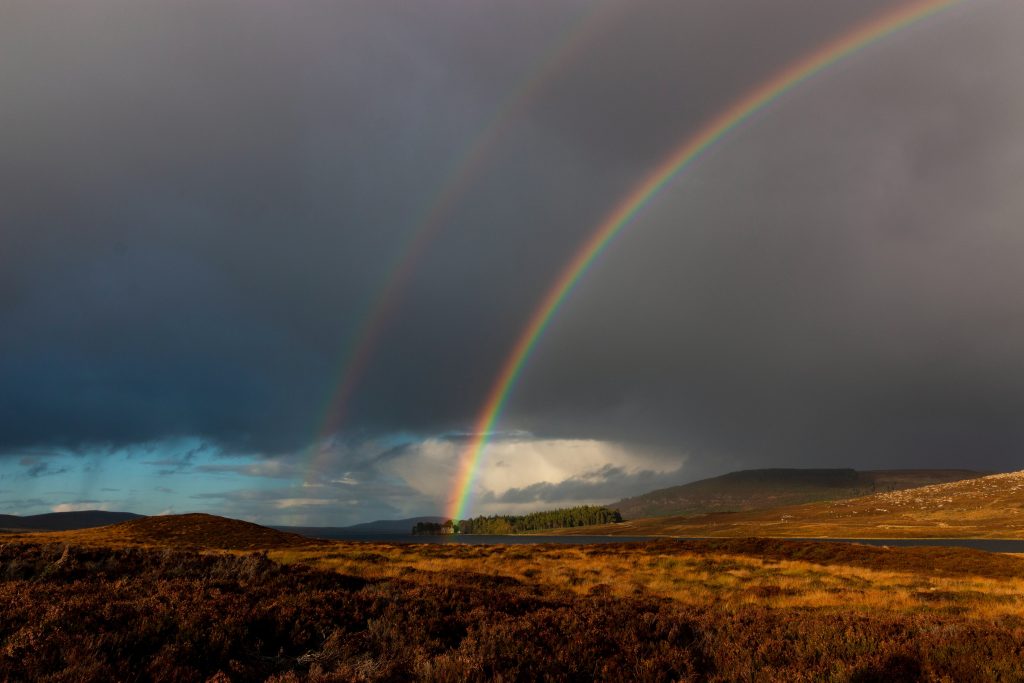How will your business be remembered post-pandemic?
By Michael Bennett, managing director, Pelican Communications.
The rainbows appearing in windows across the country serve as a reminder that storms don’t last forever. When this particular storm passes, how will your business be remembered?
In our line of work we talk a lot about the importance of reputation management and it’s fair to say the survival of some businesses now depends on how their PR teams respond to this crisis.
Several people on social media have already made it known they are making a list of all the companies they feel have treated people badly with the intention of withdrawing their custom in future.
So how do you make short-term decisions that will help you continue trading without risking your reputation and losing business when the dust settles?
How have big businesses have responded?
You only need to glance at headlines from the last few weeks to know who’s handling of the COVID-19 crisis is the stuff of PR dreams and who’s got it spectacularly wrong.
Tim Martin the chairman of pub chain JD Wetherspoon got it spectacularly wrong after closing all his 874 pubs and telling his 43,000 staff they wouldn’t be getting paid and they “should get a job at Tesco”. He then compounded the bad PR by announcing Wetherspoon’s wouldn’t be paying suppliers. The backlash was such that he was forced into a U-turn on both counts.
Whole Foods (which is owned by Amazon) came under fire from employees who were asked to ‘donate’ paid time off to fellow workers who needed to take time off due to illness or the death of a family member.
Closer to home, Topshop staff took to social media to express their anger and distress at being ‘temporarily laid off’ when the chain closed all its 300 stores. Staff claimed they were told they would receive a month’s wages but offered no guarantees beyond that.
Conversely, Home Bargains made headlines for all the right reasons when it created a £30million fund to help pay staff who needed to self-isolate.
This included staff in high risk groups who would be in isolation for longer periods. Those that do not need to self-isolate and can work will be paid two weeks’ extra salary so they don’t miss out financially.
Whilst Tesco boss Dave Lewis gave all staff over 70 and pregnant colleagues 12 weeks off on full pay.
Elsewhere, when Warburtons heard about a woman undergoing chemotherapy who struggled to get hold of crumpets (the only food she could stomach), it sent a van-full to her home. Unsurprisingly, the company was praised for its kindness and generosity.
Why does it matter?
As American poet Maya Angelo famously said: “People will forget what you said, people will forget what you did, but people will never forget how you made them feel.”
That’s true of your clients and your customers. So, while it is of course vital to take the necessary steps to safeguard your business in the short term, you want to be the kind of business people are loyal to in the long-term.
In this age of social media and influencer marketing, it’s easier than ever for those outside your business to get a glimpse of what’s going on behind the scenes. The picture painted by a disgruntled employee could irreversibly damage your reputation.
Meanwhile, some businesses will reap the rewards of their generosity for years to come.
Marks & Spencer’s is a prime example of how this plays out. During World War 2, low on products and staff and having lost entire stores to bombing), M&S started selling goods within the rationing limit. Its dresses were redesigned to fit within the button and fabric limits imposed and it added thread to hemlines so dresses could be amended to last longer.
Additionally, because rationing didn’t apply to cafes and restaurants, M&S expanded 82 stores to incudes cafes to support the local community.
For many years the chain’s customers didn’t forget these efforts and in the decades following the war M&S arguably became Britain’s favourite store.
What can we learn from this?
The reputation of your business can be strengthened or destroyed by the decisions you make right now. It’s very possible there are positive contributions you can make in your community that don’t cost a lot but mean a lot.
Meanwhile, decide on what practical steps you need to take to ensure there’s a business to go back to post-pandemic, which yes, may include putting staff on furlough or other cutbacks. But – and this is crucial – communicate these measures with empathy.
Your decisions affect more than your bottom line, they affect real people and the consequences of not communicating emotional empathy to both employees and customers during this time could be huge and lasting.
We all know that an unhappy customer will typically tell nine to 15 other people about their bad experience. The same goes for employees.
Protecting your business and acting in the best interests of your colleagues and community are not mutually exclusive. Far from it. People will remember how you responded in this time of crisis. Make sure you’re remembered for the right reasons.
As the saying goes: “Trust takes years to build, seconds to break, and forever to repair.”
Pelican Communications is a specialist in the environment & CSR, food, packaging & logistics and trade association sectors and offers a range of services such as strategy, design, content creation, public relations and people development. Contact us for marketing and communications expertise.
